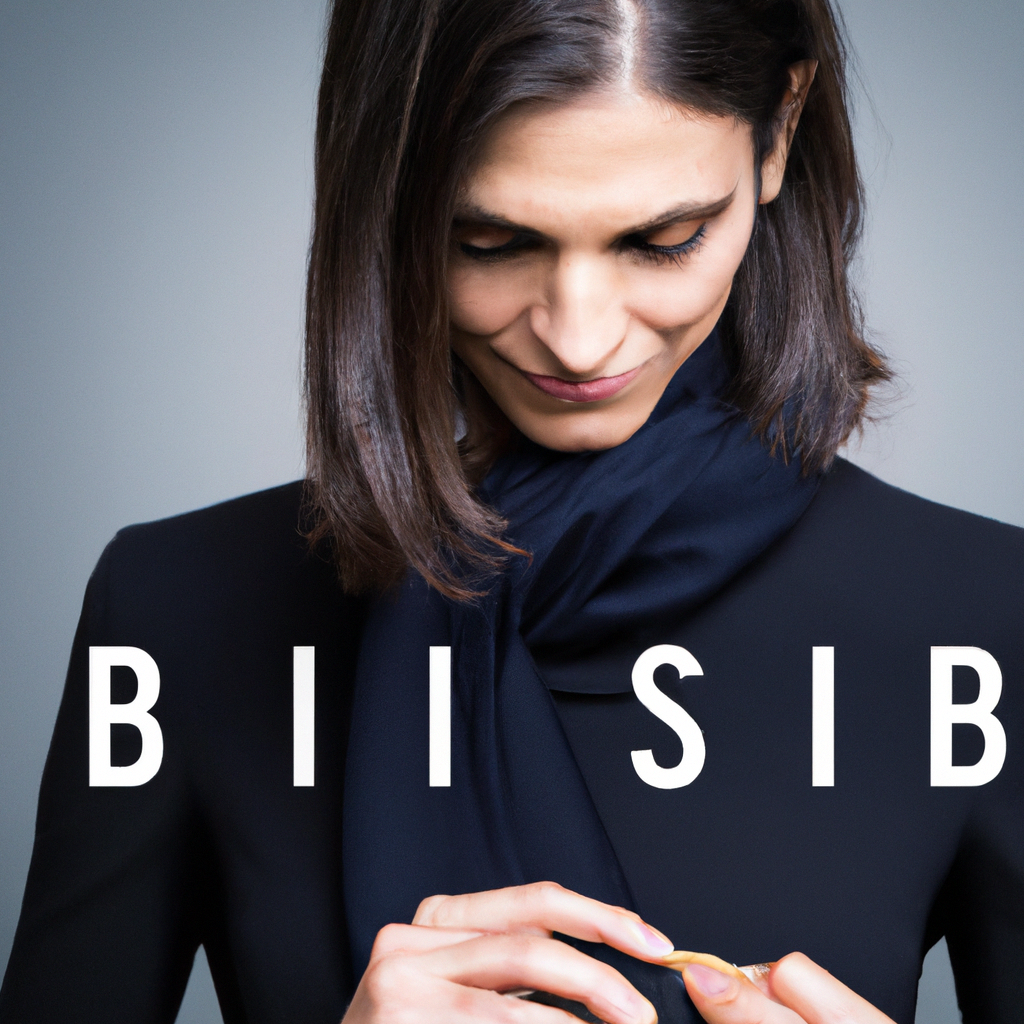
In a poignant reminder of the confluence where art clashes with authority, the recent sentencing of Iranian artist Atena Farghadani casts a long, somber shadow over the landscape of artistic freedom and human rights. Farghadani, whose work has stirred both hearts and staid establishments, now faces a harrowing six-year imprisonment amidst charges staggeringly detached from her medium of choice—her art.
This unsettling development serves as a chilling litmus test for the boundaries of expression and the costly toll of dissent within regimes that brandish censorship as a tool of statecraft. Found guilty of "disturoking public order" and "propaganda against the Islamic Republic," Farghadani’s only ‘crime’ peculiarly seems to be her vivid portrayal of Iranian socio-political life, wielded via the bristles of her paintbrush and the strokes of her pen.
The international outcry from human rights organizations underscores the broader implications of Farghadani's conviction. It is seen not merely as an indictment of one artist but as a stark tableau of repression that threatens the very essence of cultural discourse and critique. Such convictions seek to silence more than just a single artist—they aim to quell the collective voice of an engaged and insightful citizenry.
In New York City, a bastion of artistic innovation and free expression, the case of Atena Farghadani resonates deeply. It is here, amidst the echoes of bustling streets lined with illustrious galleries and lofts, that her story finds a solemn resonance. This city, with its vibrant mural-adorned alleys and graffiti-laced subway stations, understands the intrinsic value and power of free expression. It recognizes the plight of Farghadani not as distant echoes but as a shared struggle against the censorship of creative expression.
As our community of artists, intellectuals, and advocates reflect on this saga, we are prompted to reconsider not only the freedom we cherish but the role of art as a formidable catalyst in the quest for societal change and human rights. The sentencing of Atena Farghadani challenges us to stand in solidarity, to foster a global dialogue, and to ardently defend the arts as a realm of both expression and resistance.
Let this moment be a rallying cry for those who value cultural narratives and free expression, reminding us that the cost of creativity should never be a choice between silence and subjugation. In the spirit of New York itself, let us champion the cause of artists like Farghadani, ensuring that the pen and brush remain mightier than the sword.